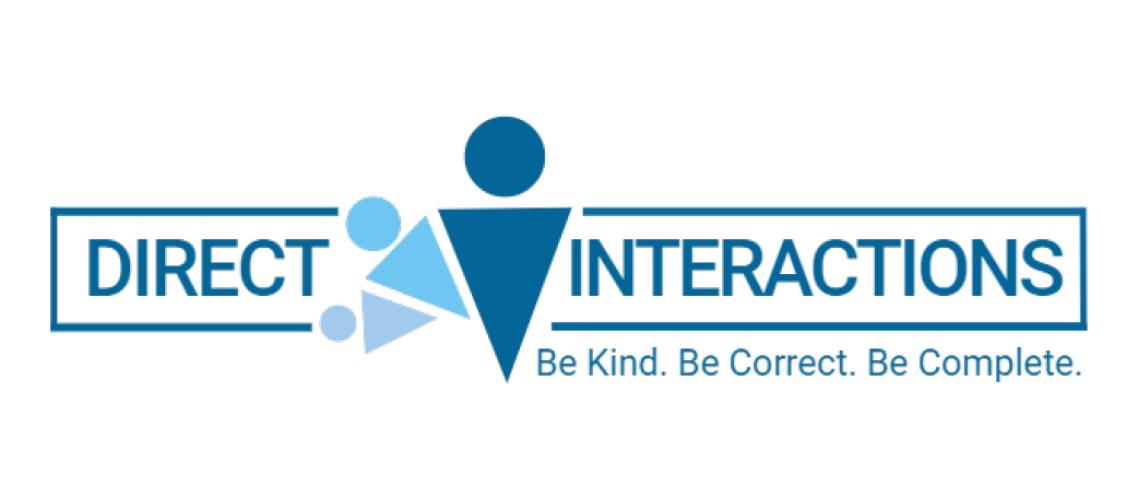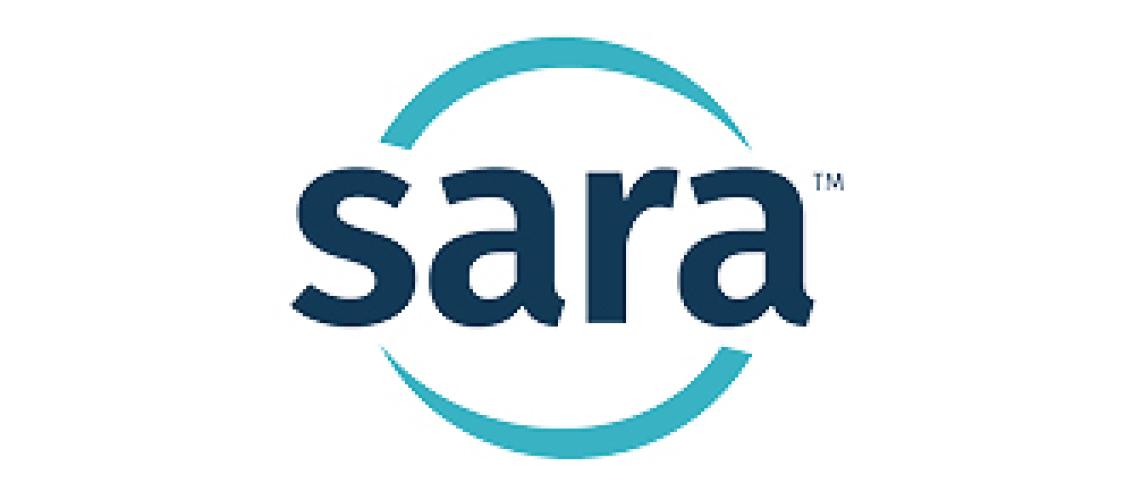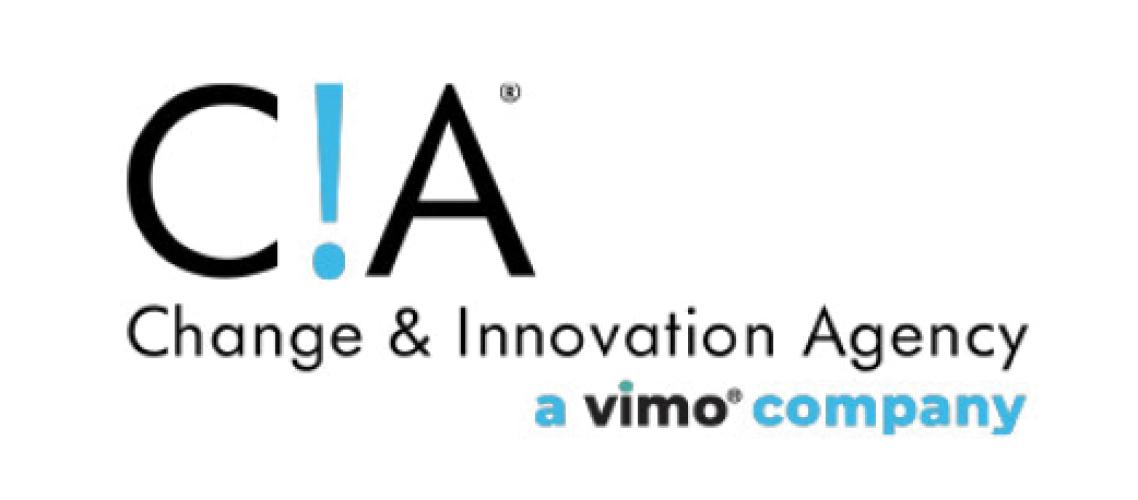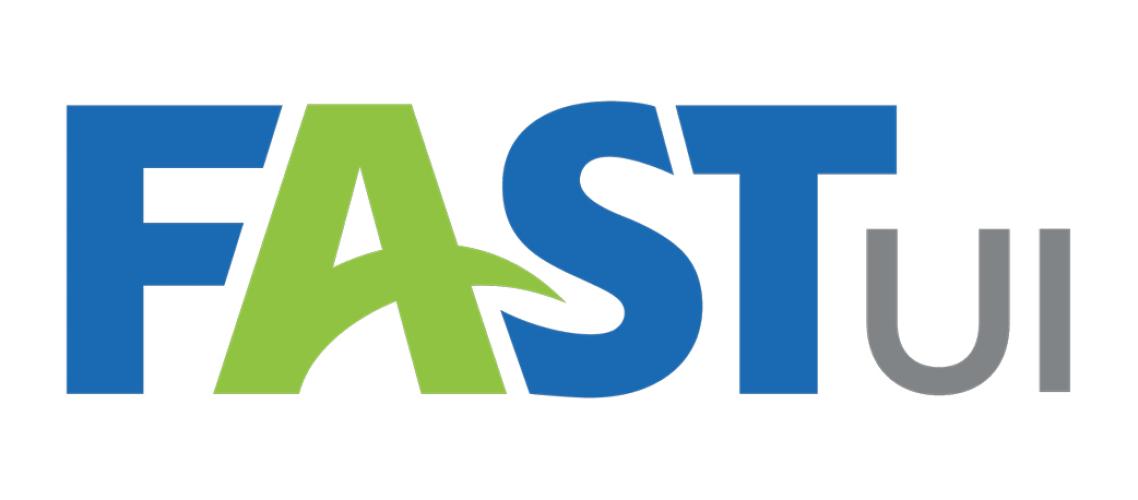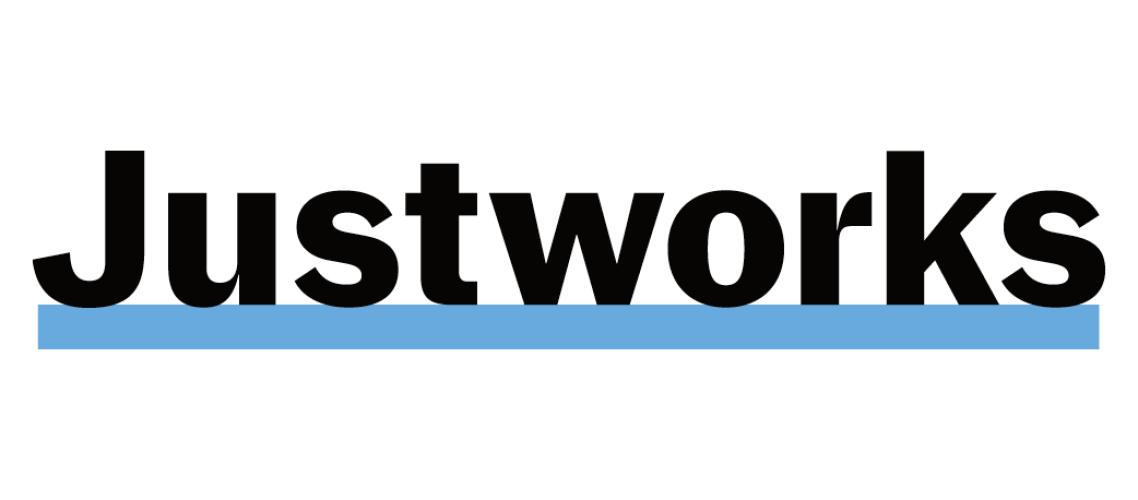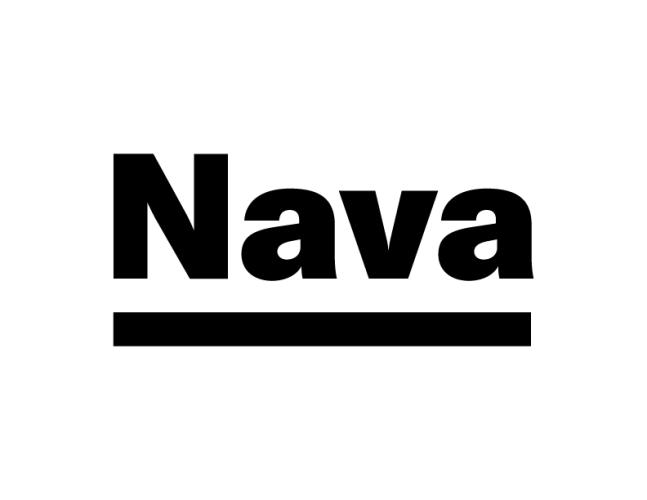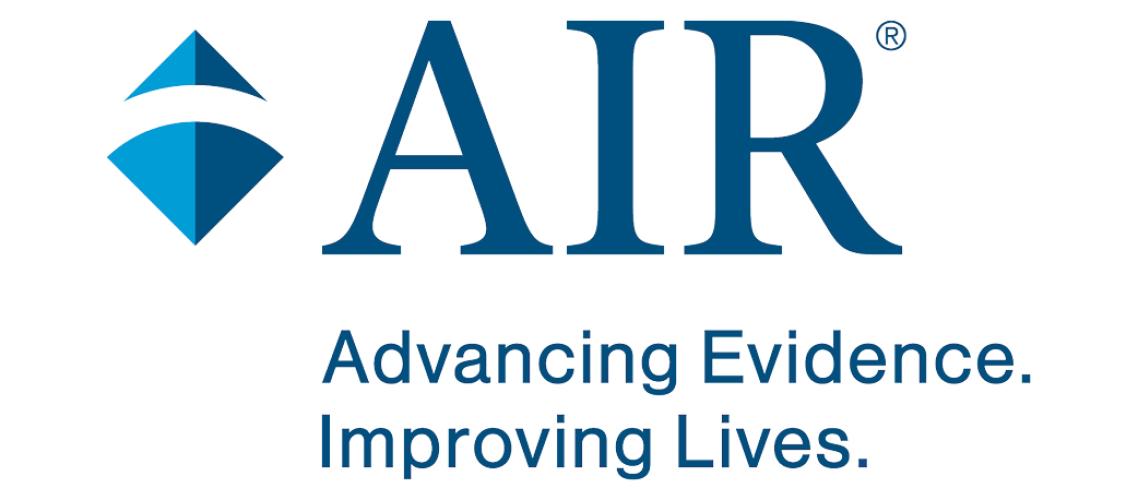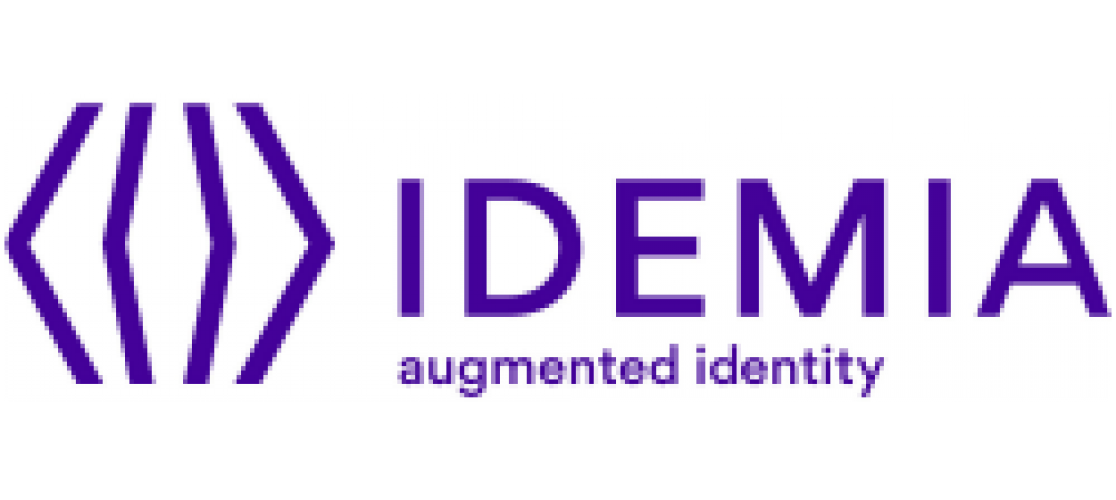Workforce Bulletin - June 20, 2014
In This Issue:
- Senate Reaches Agreement to Bring Workforce Investment and Opportunity Act to Senate Floor for Votes
- Senators Reed (RI) and Heller (NV) Expected to Introduce EUC Reauthorization Next Week
- Notices, Advisories and Reports
Senate Reaches Agreement to Bring Workforce Investment and Opportunity Act to Senate Floor for Votes
Late Thursday, June 19, Senate leaders announced they had reached an agreement to bring the Workforce Innovation and Opportunity Act (WIOA) to the Senate floor for a vote the week of June 23. WIOA represents a compromise between the SKILLS Act (H.R. 803), which passed the House of Representatives in March 2013 and the Workforce Investment Act of 2013 (S. 1356), which passed through the Senate Health, Education, Labor, and Pensions (HELP) Committee with a bipartisan vote of 18-3 in July of 2013.
Senate Majority Leader Harry Reid (D-NV) indicated the vote will likely come sometime next week, allowing Senators to vote on amendments pertaining to the bill.
First, Senator Jeff Flake (R-AZ) is planning to offer an amendment requiring governors to take corrective action in a local area after one year of poor performance. Under current law, governors “may” take corrective action in a local area if that local area has not met performance requirements in two consecutive years. In the WIOA, it would change this provision to three years of poor performance and continue to leave the decision up to the governors.
Second, Senator Mike Lee (R-UT) is planning to offer an amendment to require evaluation reports for WIOA programs.
Third, and finally, a technical amendment will be offered by Senators Tom Harkin (D-IA), Lamar Alexander (R-TN), Johnny Isakson (R-GA) and Patty Murray (D-WA), the Senate’s sponsors of the bill. Once all votes on amendments have been taken, the legislation will then be considered for a final vote by the Senate.
Since the bi-partisan, bi-cameral legislation was announced last month, the WIOA has been in the process of being reviewed by each Senator’s office in order to expedite passage on the Senate floor and reduce the number of amendments. The process concluded this week with the agreement over amendments announced on Thursday, and if the Senate is able to pass the bill next week, it will go directly to the House floor for consideration shortly after.
In addition, to the Senate sponsors mentioned above, the House sponsors who negotiated the compromise are members of the House Committee on Education and the Workforce. They are: Chairman John Kline (R-MN); Ranking Member George Miller (D-CA); Subcommittee on Higher Education and Workforce Training Chairwoman Virginia Foxx (R-NC); and Ranking Member Ruben Hinojosa (D-TX).
NASWA sent a letter of support on May 30 to the bill’s sponsors and noted several of the following provisions contained in WIOA that would:
- Reauthorize workforce programs;
- Retain the 15 percent WIA state allocation authorization;
- Retain and improve the Wagner-Peyser Act;
- Streamline or eliminate existing programs, such as the Workforce Innovation Fund (WIF);
- Restructure the Workforce Information Council (WIC);
- Reduce the number of required members on state and local workforce boards;
- Repeal the “sequence of services” provision; and
- Apply common performance measures to all federal workforce programs.
For more information and resources on WIOA, including the full legislative text and statement of managers’ section-by-section analysis, please visit NASWA’s WIA Reauthorization Resource Center at http://naswa.org/resources/WIA/?action=home&id=3.
Return to TopSenators Reed (RI) and Heller (NV) Expected to Introduce EUC Reauthorization Next Week
Senators Jack Reed (D-RI) and Dean Heller (R-NV) are expected next week to announce legislation to reauthorize the Emergency Unemployment Compensation (EUC) program for five months. The proposed bill would not require retroactive EUC benefits back to December 28, 2013, when the program ended. But, further details including how the bill would be funded, and other eligibility provisions are still being negotiated between the two senators according to press reports.
In April, the Senate passed a five month retroactive reauthorization through May 31, 2014, of the EUC program, with the Emergency Unemployment Compensation Extension Act of 2014 (H.R. 3979) passing the Senate in a 59-38 vote. However the bill was never brought to the House floor for a vote, with House Speaker John Boehner (R-OH) indicating he would only bring a reauthorization of EUC to the floor if it were paid for and contained “job creating” proposals.
Notices, Advisories and Reports
USDOL Directives & Releases
June 19, 2014: ETA reported for the week ending June 14, seasonally adjusted unemployment insurance initial claims decreased from the previous week’s revised figure. Seasonally adjusted initial claims decreased by 6,000 to 312,000 from last week’s revised figure of 318,000. The 4-week moving average was 311,750, a decrease of 3,750 from the previous week's revised average of 315,500. The unadjusted initial claims level totaled 300,193 down 13,178 from the previous week. UI continued claims, seasonally adjusted, for the week ending June 7 were 2,561,000 down 54,000 from the previous week’s revised figure. The 4-week moving average decreased 21,750 to 2,600,500 from the prior week’s revised figure of 2,622,250.
June 18, 2014: ETA issued Unemployment Insurance Program Letter No. 14-14 advising state workforce agencies of the effect of the U.S. Supreme Court’s decision in United States v. Windsor for the unemployment compensation program.
June 18, 2014: ETA released Training and Employment Guidance Letter No. 27-13 advising state workforce agencies of the impact of the U.S. Supreme Court’s decision in United States v. Windsor for the Trade Adjustment Assistance program.
June 18, 2014: ETA issued Training and Employment Guidance Letter No. 26-13 advising state workforce agencies of the impact of the U.S. Supreme Court’s decision in United States v. Windsor for workforce grant programs.
June 16, 2014: ETA released Unemployment Insurance Program Letter No. 13-14 notifying state workforce agencies of the availability of FY 2014 funds for activities supporting the prevention and detection of UI improper benefit payments, improve state performance, and address outdated information technology system infrastructures. In order to qualify for supplemental budget request (SBR) funding for FY 2014, state workforce agencies must agree to implement the basic State Information Data Exchange System (SIDES), and also implement at least one of the following options to be considered:
- State-defined improper payment prevention strategy.
- Continue claims cross match with the National Directory of New Hires.
- Implement the Military-State Data Exchange System, and
- Enhanced SIDES monetary and potential employer charges data exchanges.
Funding for these two conditional opportunities can be up to $850,000 to $1,250,000 per state. The deadline for submitting a SBR is Thursday, July 31, 2014.
Bureau of Labor Statistics Reports
June 17, 2014: BLS released the May 2014 Real Earnings reporting real average hourly earnings seasonally adjusted for all employees fell 0.2 percent from April to May. This result stems from a 0.2 percent increase in average hourly earnings and a 0.4 percent increase in the Consumer Price Index for All Urban Consumers (CPI-U). Real average weekly earnings fell 0.1 percent over the month due to the decrease in real average hourly earnings and the average workweek remaining unchanged.
Articles were contributed by Tim Griffith and Marc Katz.


